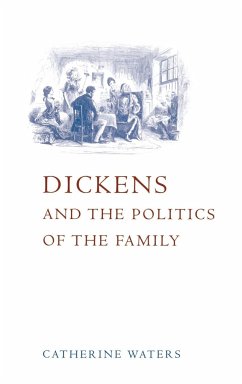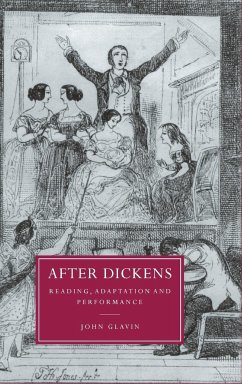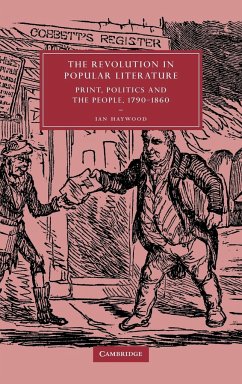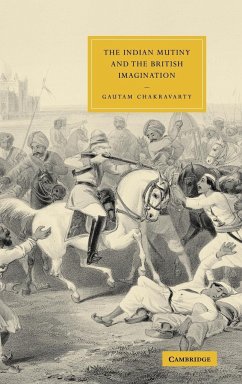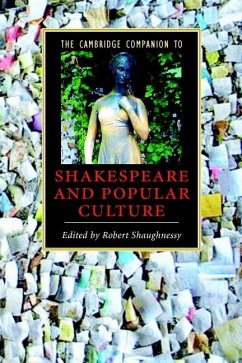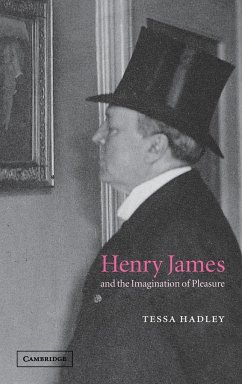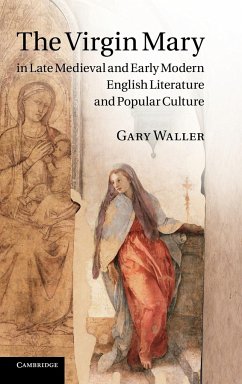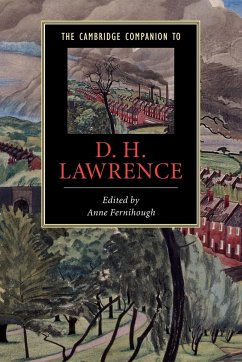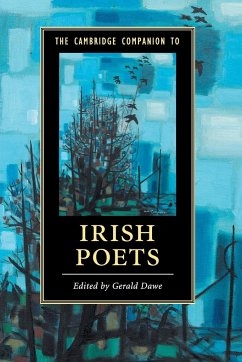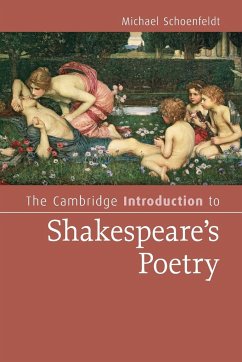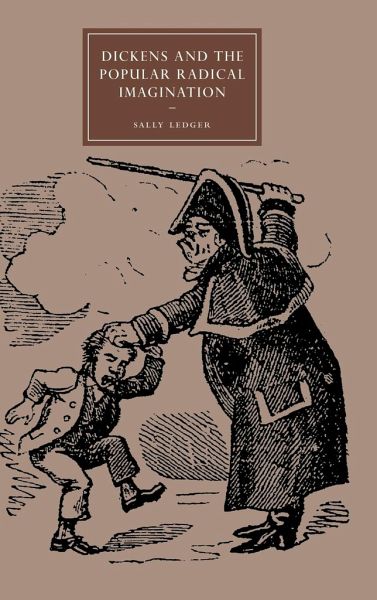
Dickens and the Popular Radical Imagination

PAYBACK Punkte
52 °P sammeln!
Sally Ledger offers substantial new readings of the influences of radical writers on works from Pickwick to Little Dorrit.The relationship between the work of Charles Dickens and popular literature has often been noted, but the extent to which his fiction and journalism were rooted in, and continued to respond to, the popular radical culture of his time has so far been unexplored. Sally Ledger traces the influence of Regency radicals, such as William Hone and William Cobbett, and mid-century radical writers, such as Douglas Jerrold and the Chartists Ernest Jones and G. W. M. Reynolds. She offe...
Sally Ledger offers substantial new readings of the influences of radical writers on works from Pickwick to Little Dorrit.
The relationship between the work of Charles Dickens and popular literature has often been noted, but the extent to which his fiction and journalism were rooted in, and continued to respond to, the popular radical culture of his time has so far been unexplored. Sally Ledger traces the influence of Regency radicals, such as William Hone and William Cobbett, and mid-century radical writers, such as Douglas Jerrold and the Chartists Ernest Jones and G. W. M. Reynolds. She offers substantial new readings of works from Pickwick to Little Dorrit, arguing that Dickens's populism bridged eighteenth- and nineteenth-century conceptions of the 'popular', the first identified with the political idea of 'the People', the second identified with a mass-market 'populace' that emerged during Dickens's career. Richly illustrated, this study also uncovers the resonance between Dickens's writings and popular graphic art by George Cruikshank, Robert Seymour, C. J. Grant and others.
Table of contents:
Introduction: Dickens and the popular radical imagination; 1. Popular radical culture in Regency England: 'Peterloo' and 'The Queen Caroline Affair'; 2. Dickens and nineteenth-century show trials; 3. Dickens, popular culture and popular politics in the 1830s: Oliver Twist; 4. Christmas is cancelled: Dickens and Douglas Jerrold writing the 1840s; 5. Popular and political writing in the radical press: from Douglas Jerrold to Ernest Jones, Chartist; 6. Household Words, politics and the mass market in the 1850s; 7. Flunkeyism and Toadyism in the age of machinery: from Bleak House to Little Dorrit; Bibliography.
The relationship between the work of Charles Dickens and popular literature has often been noted, but the extent to which his fiction and journalism were rooted in, and continued to respond to, the popular radical culture of his time has so far been unexplored. Sally Ledger traces the influence of Regency radicals, such as William Hone and William Cobbett, and mid-century radical writers, such as Douglas Jerrold and the Chartists Ernest Jones and G. W. M. Reynolds. She offers substantial new readings of works from Pickwick to Little Dorrit, arguing that Dickens's populism bridged eighteenth- and nineteenth-century conceptions of the 'popular', the first identified with the political idea of 'the People', the second identified with a mass-market 'populace' that emerged during Dickens's career. Richly illustrated, this study also uncovers the resonance between Dickens's writings and popular graphic art by George Cruikshank, Robert Seymour, C. J. Grant and others.
Table of contents:
Introduction: Dickens and the popular radical imagination; 1. Popular radical culture in Regency England: 'Peterloo' and 'The Queen Caroline Affair'; 2. Dickens and nineteenth-century show trials; 3. Dickens, popular culture and popular politics in the 1830s: Oliver Twist; 4. Christmas is cancelled: Dickens and Douglas Jerrold writing the 1840s; 5. Popular and political writing in the radical press: from Douglas Jerrold to Ernest Jones, Chartist; 6. Household Words, politics and the mass market in the 1850s; 7. Flunkeyism and Toadyism in the age of machinery: from Bleak House to Little Dorrit; Bibliography.





